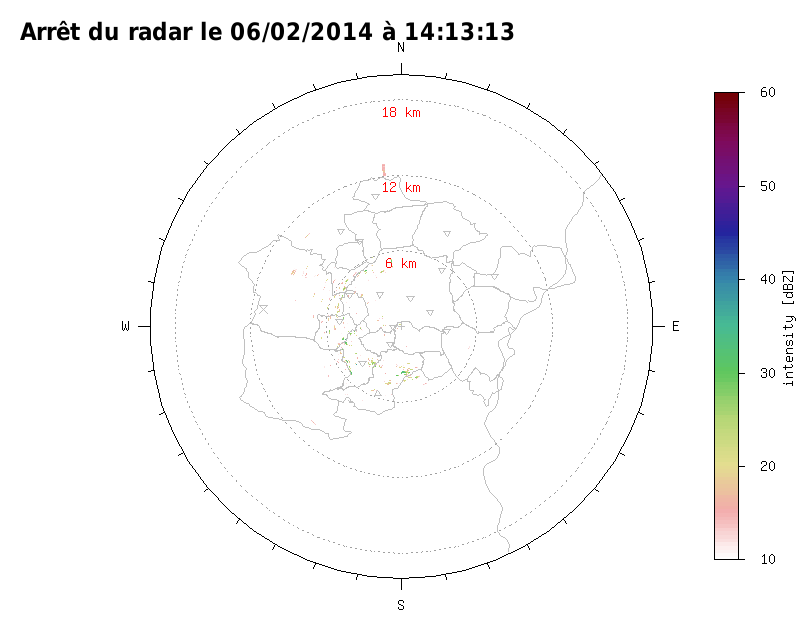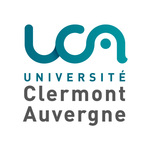Vous êtes ici : Accueil |
|
PRESENTATION and OBJECTIVES Presentation The “International Master in Atmospheric Sciences” (InMas) program results in the award of a double degree « Master of Science (MSc) in Atmospheric Sciences”, i.e. the sum of any two degrees of the Masters programs listed below:
Master « Sciences de la Terre et des planètes, environnement (STPE) »,
Master of Science (M.Sc.) in Meteorology
Master of Physics (will evolve soon into « Master of Atmospheric Sciences" for InMAS)
Master of Science (M.Sc.) in Atmospheric Science In order to participate in the program, the student needs to be enrolled in one of the above local Master programs (home university). The subsequent InMas application and admission procedure is detailed here. Upon acceptance into the InMAS program, the student will validate the number of credits typically required for a master’s degree at that institution (in the European Union, this corresponds to 120 ECTS (European Credit Transfer and Accumulation System)). Hereby 50% of the credits will be obtained in a second (host) university of the list above. Upon successful completion of the program, the student will be awarded the two Master degrees, one from the home university and one from the host university. These degrees will be accompanied by a supplement specifying the context of the “International Master in Atmospheric Sciences” program. Objectives The objective for proposing this International Master in Atmospheric Sciences is to link together the complementary excellence of research institutes in atmospheric sciences to enable a student to specialize in a research subject that both exceeds the competences of his/her home university and encompass his/her personal field of professional interest. It is designed in particular for excellent students that aim for a future research, teaching or professional career in atmospheric sciences or any other related domains. The idea of this Master is to bring together a training competence regarding in particular the understanding of cloud and atmospheric pollution processes through in-situ or remote sensing observations and modelling. The consortium initially is composed of 4 universities which each hosts a laboratory of atmospheric sciences that is internationally recognized for the excellence of their research in complementary fields. Together, they can provide for the students training on the latest instrumentation, concepts and competences as well as pollution and climate regulations and directives to enable them a future carrier in the field of atmospheric sciences. The “human dimension” of the research laboratories, the corresponding universities and the motivation of their personal will assure an individualized support and mentoring of the student, in contrast to big research institutes in major cities, where the students might feel lost in the masses. In addition, the universities are located in medium sized cities all over Europe and the USA, which makes them attractive due to the moderate living expenses.
|




